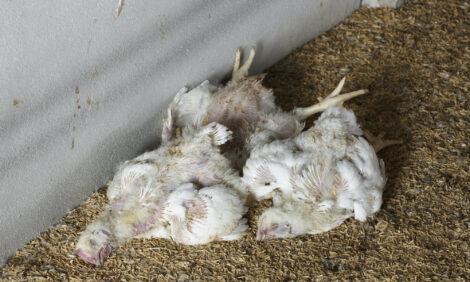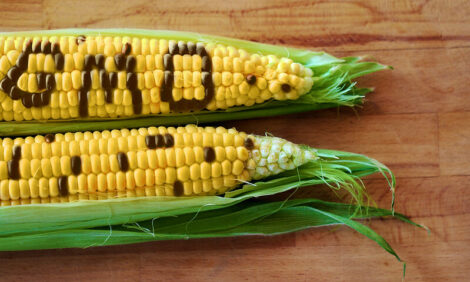



Survey Reveals 6-12-Month-Old Babies' Iron Requirements
CANADA - A recent national survey revealed 70 per cent of Canadian mothers are unaware that babies six to 12 months need 11 mg of iron per day - that's nearly 40 per cent more than is required of a full-grown man!The startling statistic was uncovered just in time for World Iron Awareness Week taking place 1-7 May to encourage education and understanding surrounding the importance of iron consumption at every age and stage.
The Canada-wide infant feeding survey was commissioned to help inform parents how and when to introduce babies to iron-rich foods. "We understand that new parents can feel anxious and overwhelmed when it comes to making decisions that may impact their child's health," says Mary Ann Binnie, Manager, Nutrition and Industry Relations, Canadian Pork Council.
"The tried and true traditions your mother-in-law swears by or the most recent trend in your favourite mommy blog could contradict what Health Canada recommends. Our aim is to help Canadian parents cut through the information clutter and feel supported in their decisions when it comes to feeding their families."
Based on survey findings, Canadian moms are seeking infant feeding information from a wide variety of sources including doctors and pediatricians, online resources, baby care books, magazines and of course, friends and family. While moms of infants are aware that iron is an essential nutrient, there is confusion surrounding when parents should be introducing iron-rich solid foods like meat into their baby's diet.
"Iron supports your baby's growth and development[ii] which is why iron-rich meats such as beef, pork, lamb, game, poultry, and fish are great additions to baby's mealtime," says Joyce Parslow, home economist with Canada Beef.
In 2012, Health Canada released new guidelines advising parents to offer their six-month old infants meat, fish, poultry or meat alternatives two or more times a day, on a daily basis. While other foods may offer significant amounts of iron, meat provides our bodies with heme iron - a more easily absorbed variation of the nutrient. Adding meat to a meal also helps absorb up to four times the amount of iron from other foods like green vegetables, bread and cereals.
Only about half of moms (55 per cent) surveyed were aware that heme iron found in meats is better absorbed than other dietary iron, or that iron deficiency anemia in infants is associated with irreversible developmental delays (51 per cent). Events like World Iron Awareness Week work to close the knowledge gap and shine a global spotlight on the importance of adequate iron intake for human health.









